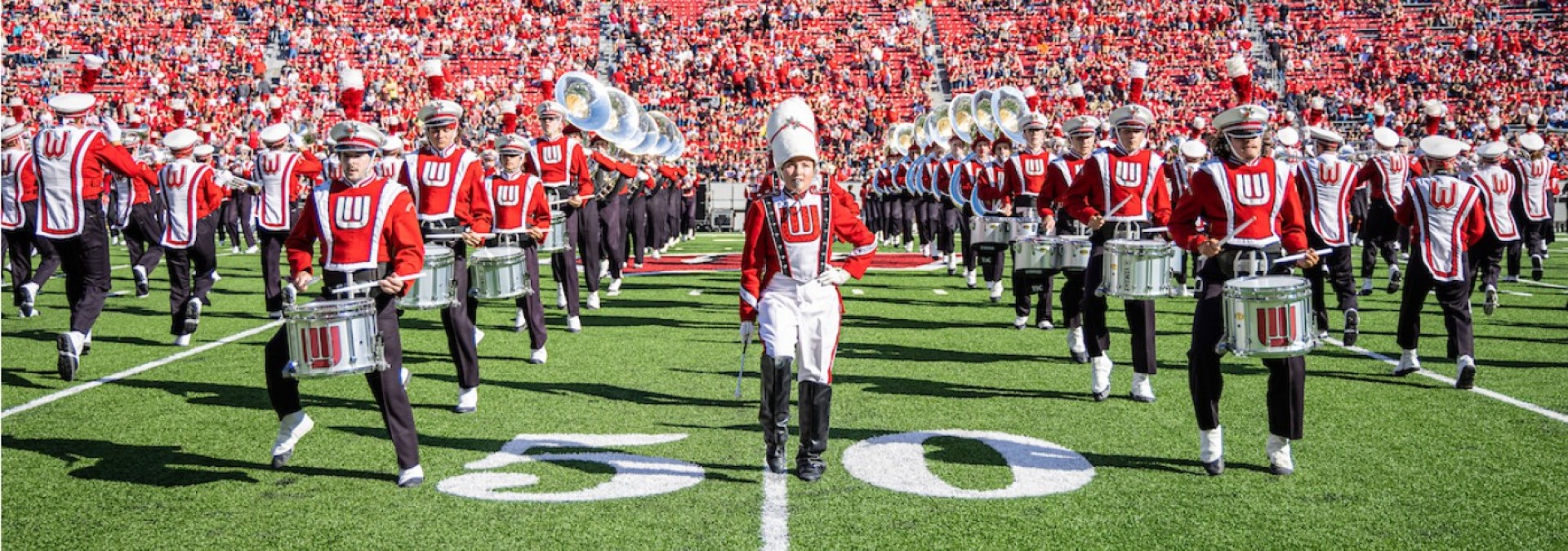Financing a music degree can feel overwhelming, especially with so many different types of scholarships available. One common source of confusion? Understanding the difference between non-academic and non-institutional scholarships. While these two terms sound similar, they refer to very different things — and knowing the distinction can help you unlock more financial opportunities as a future music major.
This guide will explain both types clearly and show you how to pursue them with confidence.
What Are Non-Academic Scholarships?
Non-academic scholarships are awarded based on achievements and qualities other than traditional academic measures like GPA and standardized test scores. Instead, these scholarships reward talents, leadership, athletics, community service, or other skills.
In the world of music, non-academic scholarships often focus on:
- Musical talent demonstrated through auditions,
- Leadership in music organizations,
- Service contributions like mentoring younger musicians.
Important: Non-academic scholarships can be offered by colleges, universities, and conservatories themselves — not just outside groups.
Example: A university might offer a non-academic scholarship to students who audition successfully for the school’s music program based on their performance skills, not their GPA.
What Are Non-Institutional Scholarships?
Non-institutional scholarships are awarded by organizations outside of the college or university system. These can include:
- Private foundations,
- Companies,
- Nonprofits,
- Family trusts,
- Professional organizations.
Non-institutional scholarships may be based on academic achievement, but many focus on talent, leadership, or service — and they are not tied to any particular school.
Example: The Miss America Foundation Scholarship is a non-institutional, non-academic scholarship awarded based on poise, talent, and service — not GPA — and it’s awarded by a private organization, not a school.
Key Clarification: What’s the Real Difference?
Non-academic scholarships are typically awarded by colleges or universities for accomplishments beyond GPA — like leadership, musical talent, or athletics. Non-institutional scholarships are awarded by outside organizations, not by a college, university, or conservatory.
In short: Non-academic describes what is being rewarded. Non-institutional describes who is giving the money.
A Scholarship Can Be
- Non-academic and institutional (a talent scholarship from a university),
- Non-academic and non-institutional (a scholarship from a private foundation for musical excellence),
- Academic and non-institutional (a 4.0 GPA scholarship from a private company).
Music Major Scholarships: Academic or Non-Academic?
Here’s where it gets interesting:
- Scholarships awarded for being accepted into a music degree program (like a Bachelor of Music or Bachelor of Arts in Music) are typically academic scholarships. They are tied directly to your coursework and degree program.
- Scholarships awarded for participation in marching band, pep band, or pit orchestra are considered non-academic scholarships, because they reward extracurricular activities outside the music degree curriculum.
Tip: Always ask whether a music-related scholarship is tied to your major or to an extracurricular activity — it affects what you can qualify for.
How to Apply for Non-Academic Scholarships
Applying for non-academic scholarships often looks different from applying for academic scholarships:
How to Apply for Marching Band and Pep Band Scholarships
Marching band and pep band scholarships have their own application process, separate from School of Music auditions:
- Separate Auditions: Most bands require a specific marching band audition or video submission. Even music majors must audition separately to join the band.
- No Major Requirement: These scholarships are often open to all majors, not just music students.
- Early Deadlines: Band scholarship auditions can happen before general college admissions deadlines — fall or winter of senior year.
- Athletic Department Funding: At many large universities, marching band and pep band scholarships are funded by the Athletic Department — not the School of Music. A clue: if the band director’s title includes “Athletic Bands,” the band likely falls under athletics.
- Prepare Well: Submit a strong audition video, a resume of your band experience, and (if requested) letters of recommendation from your band director.
Don’t Assume — Always Ask
Just because you’re accepted into the School of Music does not guarantee you a spot in the marching band or a marching band scholarship.
Some students show up for band camp assuming they are automatically in — only to find there’s no spot for them, or that scholarship money has already been awarded to students who completed the marching band audition.
Always ask:
- Is a separate audition required for the marching or pep band?
- Are scholarships awarded through the School of Music or the Athletic Department?
- What deadlines apply?
Why This Matters: High School vs. College Marching Band
In high school, most students join marching band simply by signing up for band class — everyone gets a spot.
In college, marching bands are selective, and:
- You must audition.
- Space may be limited based on instrument needs.
- Scholarships are competitive and often limited.
Understanding this difference helps you prepare — and ensures you don’t miss out on scholarship opportunities.
Final Thoughts: Unlock Your Opportunities
Pursuing a music degree is more than mastering your craft — it’s also about mastering how to fund your education wisely.
Understanding the difference between non-academic and non-institutional scholarships can open doors that grades alone cannot. Whether it’s an audition for a marching band scholarship or a competition judged on talent and leadership, opportunities are out there — but only for those who prepare.
Remember
- Start early — the best scholarships often have the earliest deadlines.
- Ask questions — never assume you’re automatically eligible.
- Treat every audition and application as a performance — because it is.
Success in music isn’t just about hitting the right notes; it’s about finding the right stage.
Scholarships are out there — but only for those who know how to conduct the search.


.png) ARTICLE GLOSSARY
ARTICLE GLOSSARY

.png)
.png)


.jpg)
.jpg)

.jpg)

.png)




.jpg)
.png)










.jpg)



.jpg)
.jpg)
.jpg)
.jpg)
.jpg)

.png)
.png)

